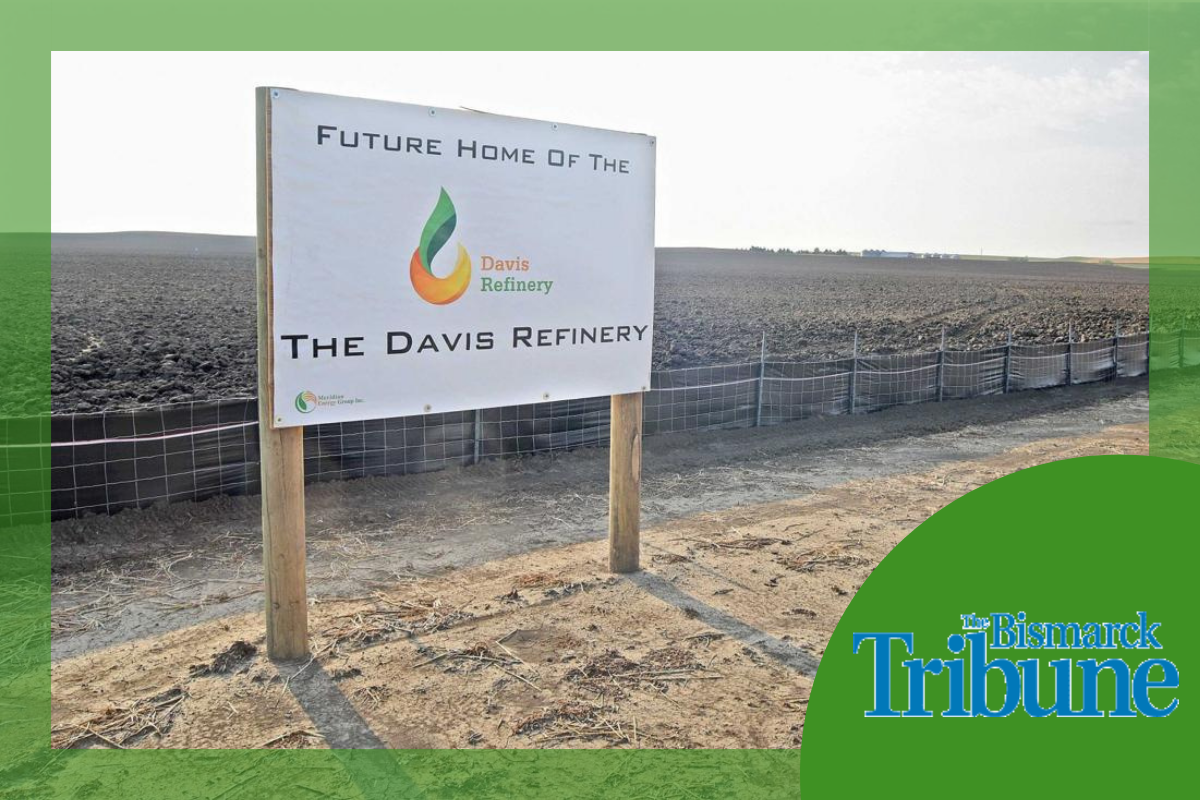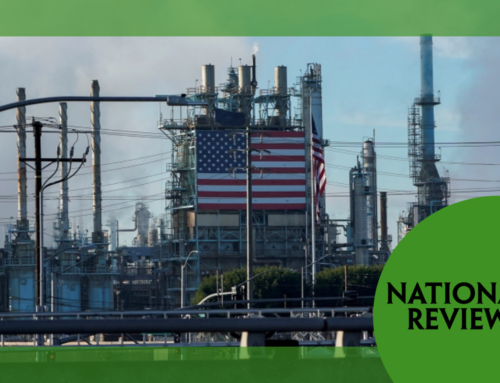Source:The Bismarck Tribune
It’s the second time this summer that justices have sided with the state in a dispute over the Davis Refinery — essentially handing two legal victories to developer Meridian Energy Group.
The Public Service Commission in 2018 declined to review whether the refinery could be built just 3 miles from the park in the western Badlands, concluding the facility would be too small to warrant review under state law.
The law requires only those oil refineries with a capacity of 50,000 or more barrels daily to obtain a site permit from the commission. Meridian initially said the refinery would have a capacity of 55,000 barrels, but as the project evolved, the company lowered the figure to 49,500 barrels daily. CEO William Prentice signed an affidavit saying there were no plans to expand beyond that figure.
Environmental groups questioned whether Meridian is being forthright about the refinery’s size and is trying to skirt state law, and they sought a hearing before the PSC on the matter but were denied. South Central District Judge Bruce Romanick in May 2019 upheld that decision, and the Supreme Court in a 4-1 vote Tuesday affirmed Romanick’s ruling.
“Put simply, the issue here is whether a project proponent may avoid the time and expense of an additional layer of regulatory review that comes with a larger project by deciding to reduce the scale of a project to a size just below the regulatory threshold,” the majority justices wrote.
They said the PSC’s authority to regulate is limited by the law and noted Prentice’s affidavit.
“That effectively mooted this case by placing the project outside Commission authority,” they wrote.
Justice Gerald VandeWalle dissented, saying he believes the dispute centered around whether the facility will actually fall below the state threshold for review.
“An evidentiary hearing is necessary to resolve the disputed fact issues regarding the design and capacity of Meridian’s facility,” he wrote.
VandeWalle also said that “The Commission’s position does not inspire confidence and respect in our regulatory system.”
The Environmental Law & Policy Center, which sued along with the Dakota Resource Council, issued a statement saying the group was disappointed.
“Meridian has been telling one story to potential investors, and one story to state regulators, and that puts the credibility of their claim that the refinery will be so small that it does not require a siting review into serious doubt,” the statement said. “We should be allowed to test the credibility of their claim in an open hearing process, but unfortunately the court disagrees.”
Meridian issued a statement calling the ruling a “significant milestone.”
“This is a huge victory for our company, for the industry, and most importantly for the people of North Dakota, who will realize a significant economic impact from the jobs created by the Davis Refinery,” the company said. “We are excited for the long-term, value-added opportunities we’ll be bringing to the State of North Dakota for decades to come.”
The state Supreme Court in June unanimously upheld a lower court ruling that affirmed permitting decisions by the Department of Environmental Quality, which in June 2018 issued an air quality permit needed to construct the refinery. The National Parks Conservation Alliance had sued Environmental Quality and Meridian in July 2018, asking the court to revoke the project’s permit and require the department to revisit the matter.
The national park is North Dakota’s top tourist attraction, drawing more than 700,000 visitors annually. Meridian says its facility will be the “cleanest refinery on the planet,” a model for future plants and a boost for the area economy. Environmental groups worry pollution will erode air quality at the park and mar its majestic scenery.







Leave A Comment